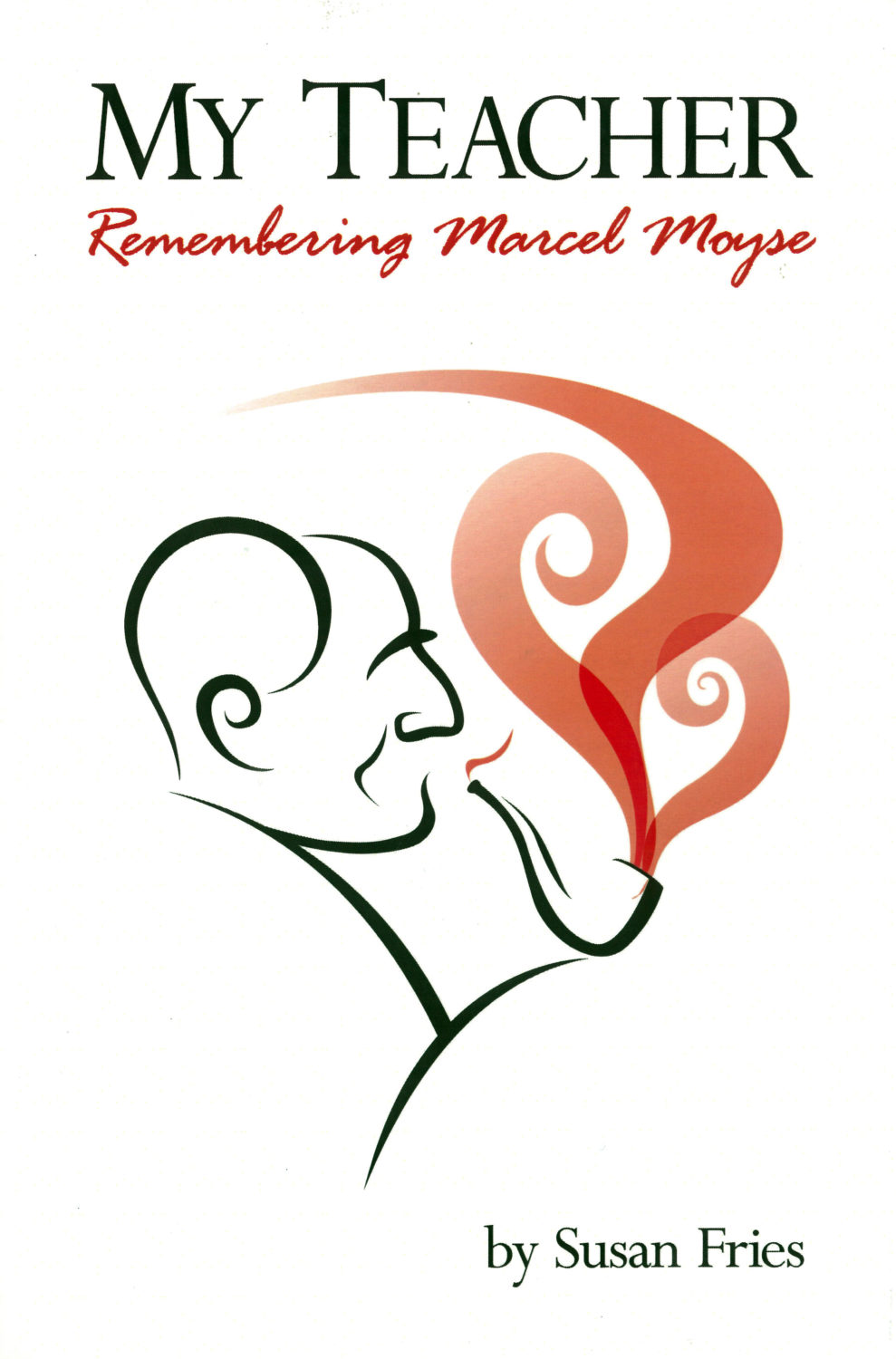Children all over Irvine study musical instruments privately, most of them visiting their teachers’ home studios.
Yet since the beginning of the pandemic, the number of music lessons has dropped dramatically, says Irvine flute teacher, Susan Fries. This situation is especially difficult for flutists, as they are unable to wear masks while playing.
Fries is effectively coping with this challenge by teaching her students virtually. “In January 2020, while visiting with my daughter in New York City, I learned an exciting new teaching skill,” she explains. “An advanced student phoned me, asking, ‘Can you help me on FaceTime?’ I had not taught that way before. But I said, ‘OK, let’s try it.’ As we proceeded with the lesson, I was amazed at how effective it was.”
In March 2020, just after Gov. Newsom ordered the lockdown, six of Fries’ students decided to schedule their lessons with her on FaceTime and Zoom, eliminating in-person sessions.
To prepare for the FaceTime lessons, Fries sets up two music stands, one for sheet music, the other for her iPad. Alternatively, she connects with students through Zoom on her computer. The horizontal screen works well because the flute is horizontal, she says.
How does virtual teaching differ from in-person teaching? “I’m restricted to being in one spot throughout the lessons,” Fries says, “and so are my students, whereas in person, I can move around and gesture more actively. But having recorded for the Hollywood music studios, I am able to sit in one place for long periods, to be present and accurate with my flute playing.”
She adds, “I’m so accustomed to hearing my students’ tones that I often feel as though I can teach with my eyes closed. I know when their tones are living, when their tones are distorted, and how they are breathing while playing.”

Most of Fries’ students are more prepared for their lessons than they were before the lockdown, as they have fewer distractions and more time to practice and prepare. And with their parents around more, they tend to get more at-home encouragement.
“Since the lockdown, three students have entered contests,” Fries says. “Others have performed in online festivals, and students have the time to develop excellent video recording skills, with a few using videos for college auditions.” The one collaborative activity that teacher and student cannot engage in is playing duets, as there are lags with FaceTime and Zoom.
Julia Wong, age 18, was Fries’ first FaceTime student. Wong called her teacher while she was in New York City, requesting last-minute help for an audition scheduled for the next day. And that virtual lesson was the beginning of the flute teacher’s new odyssey during the lockdown. Wong’s mother, Mary Frances, explains that the regularly scheduled FaceTime classes encourage Julia to practice her flute on a regular basis, resulting in consistent advancement in her music studies. She adds that in this age of superficial learning and online schooling, Susan insists that Julia examine deeply and authentically how she approaches her flute playing and how she brings the composers’ music to life.
Fries says, “My main goal is for my students to have impeccable rhythm, clear articulation, tone with nuance and color, and a good sense of the composer’s intent and atmosphere. We study the languages of rhythm, of phrasing and of the story or dance inherent in the composition. I also teach my students how to practice effectively so that they can develop the ability to teach themselves and hopefully continue to grow musically for a lifetime! While a beautiful tone comes from the heart, skills, technique and character development can be taught. Most of my students inevitably realize that the more basic skills they develop, the more fun they will have!”
 She adds, “While working with my students, I honor and evoke the methods that my teacher, Marcel Moyse, a 20th century flute master, taught me and many others. As I wrote in the book, ‘MY TEACHER: Remembering Marcel Moyse,’ ‘Moyse used humor as his unique method of breaking down students’ resistance to learning new concepts. He always had a humorous situation or joke to tell that uncannily related to the music being studied…he told fables using animals and purposely-foolish human characters or situations.’
She adds, “While working with my students, I honor and evoke the methods that my teacher, Marcel Moyse, a 20th century flute master, taught me and many others. As I wrote in the book, ‘MY TEACHER: Remembering Marcel Moyse,’ ‘Moyse used humor as his unique method of breaking down students’ resistance to learning new concepts. He always had a humorous situation or joke to tell that uncannily related to the music being studied…he told fables using animals and purposely-foolish human characters or situations.’
“And perhaps most importantly, Mr. Moyse often talked about the importance of having fun with music!”
Susan Fries resides in Irvine. As a professional flutist, she is equally comfortable in chamber ensembles, symphony, opera and ballet orchestras. She has performed with Detroit Symphony, Philadelphia Lyric Opera, has toured with American Ballet Theater and New York City Opera, participated with members of the Metropolitan Opera, played numerous European concert tours, and solos on Hollywood film and television soundtracks. She can be contacted at [email protected].
Advertising disclosure: We may receive compensation for some of the links in our stories. Thank you for supporting Irvine Weekly and our advertisers.

